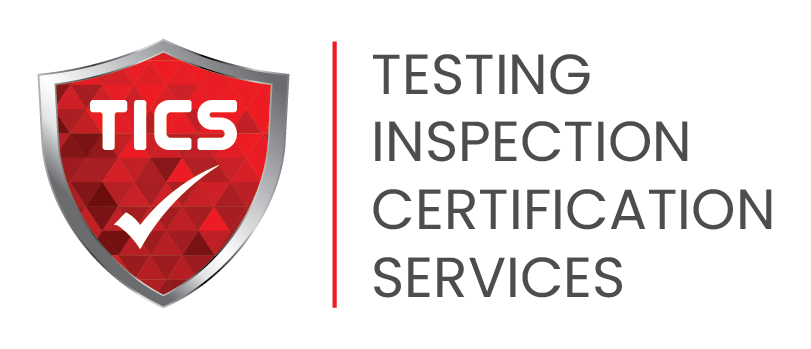We offer you unmatched service with our Quality control experts to help you make better decisions.
TICS Inspection Inc. uses proven and widely adopted international quality control standards
Have you ever wondered why it is necessary to identify and classify your product quality defects?
Defect classification is a crucial step as it determines whether the goods pass the test. If the defects are minor, it does not affect their sellability. However, existing defects are considered “significant” if products are set for distribution to a premium retailer with virtually zero tolerance for quality issues.
A quality control professional is in a position to recommend the correct tolerance for known defects on your product. However, it is up to the buyer to specify his tolerance for each type of quality defect.
It is important to identify the quality defect in your order prior to shipment to help ensure that customers’ expectations are met. Contracting independent third-party inspection companies to inspect your order and report the types and numbers of defects present will save time and provide great efficiency.
You can consider some important points that you can apply to help correct the defects found in the order.

Quality Control
TICS Inspection Inc. uses proven and widely adopted international quality audit standards.
TICS Inspection Inc. performs product inspection services according to the following:
Factory Audits are performed according to the ISO 9000 standard or customized requirements. It helps customers know if the factory is completing their orders as required or not.
Defects detected during the inspection are classified in 3 categories as “Critical”, “Large” and “Small”.
Defects and nonregulatory defects that could result in dangerous or unsafe conditions for persons using or maintaining the product.
The most serious defects cannot pass inspection. Makes the product unusable.
Functional defects that reduce the usability or durability of the product, and obvious visual defects that reduce the resale value of the product.
Significant and serious defects that affect appearance, performance and function.
Defects that are unlikely to reduce the use of the product but may still affect sales.
Defects not noticed by the customer. Insignificant effects.
If there are several defects in the same sample during random inspection, only the most serious defect is counted. In case of critical defects, in principle the entire shipment should be rejected and customers are consulted for a decision.
Contact us to have our quality control experts assist you!
© TICS ULUSLARARASI GÖZETİM ve TİCARET A.Ş. Ankara 2024
Copyright 2024 © Ticsturk.com – All rights reserved. Information and images cannot be used without permission.
© TICS ULUSLARARASI GÖZETİM ve TİCARET A.Ş.
Ankara 2024
Copyright 2024 © Ticsturk.com – All rights reserved. Information and images cannot be used without permission.